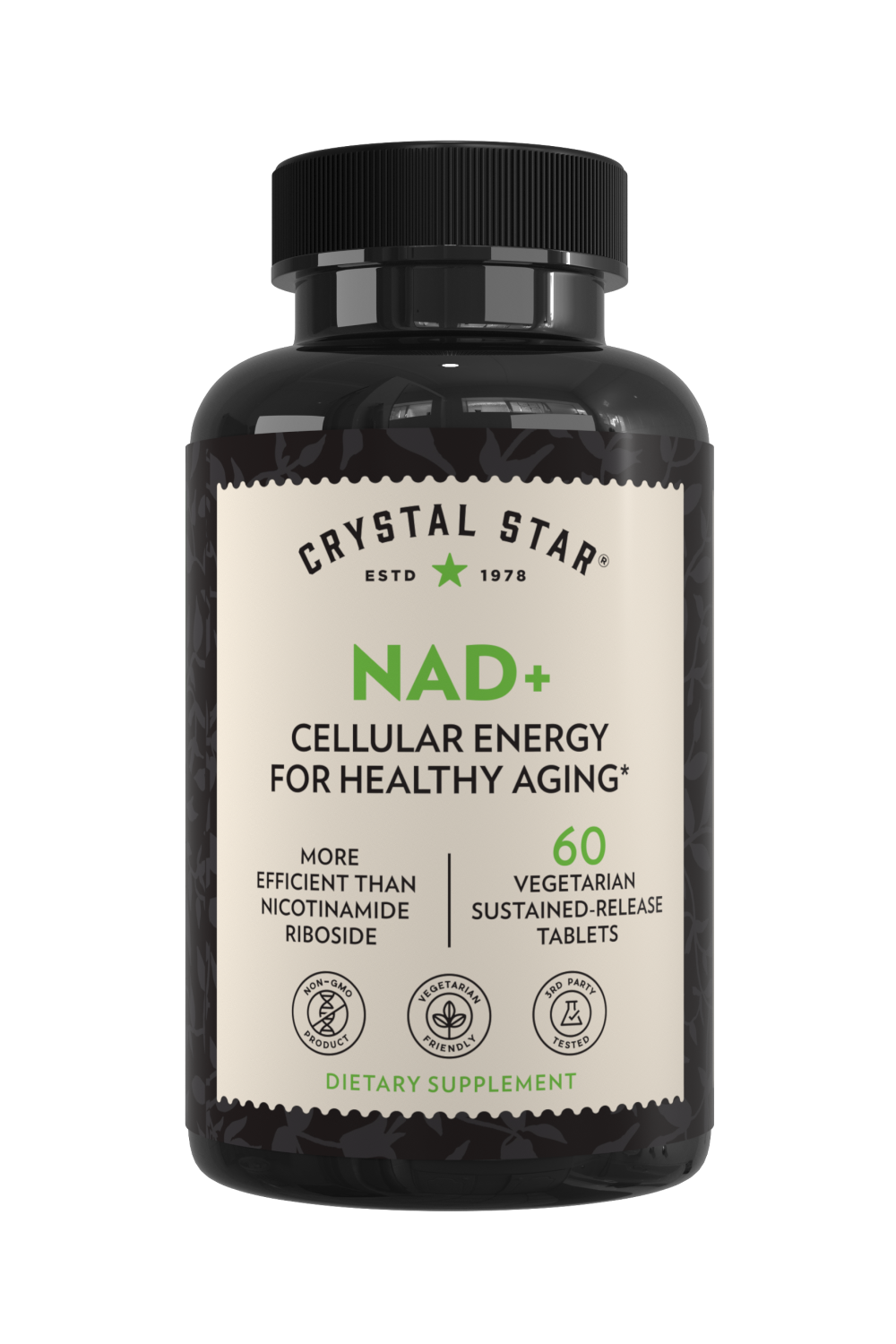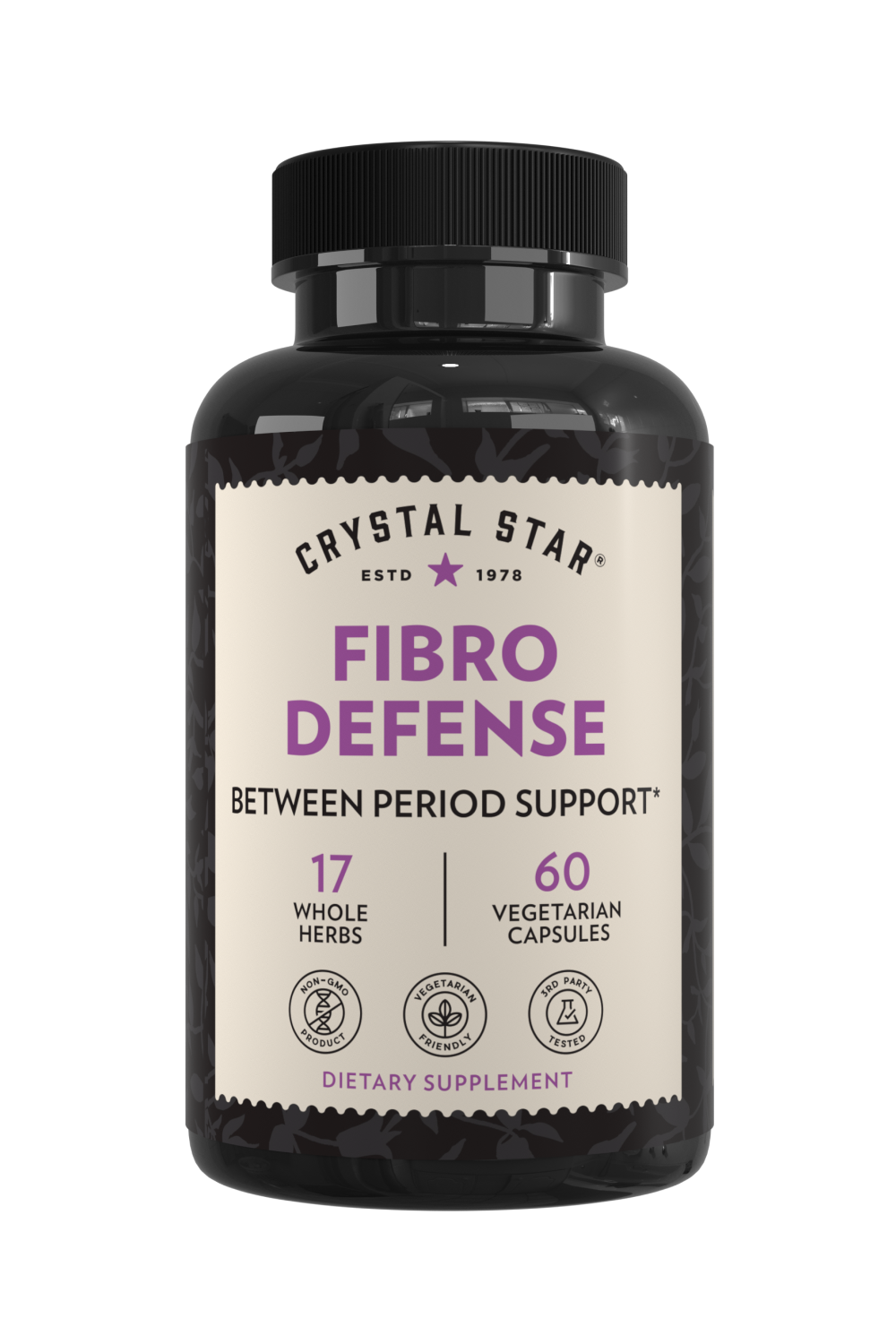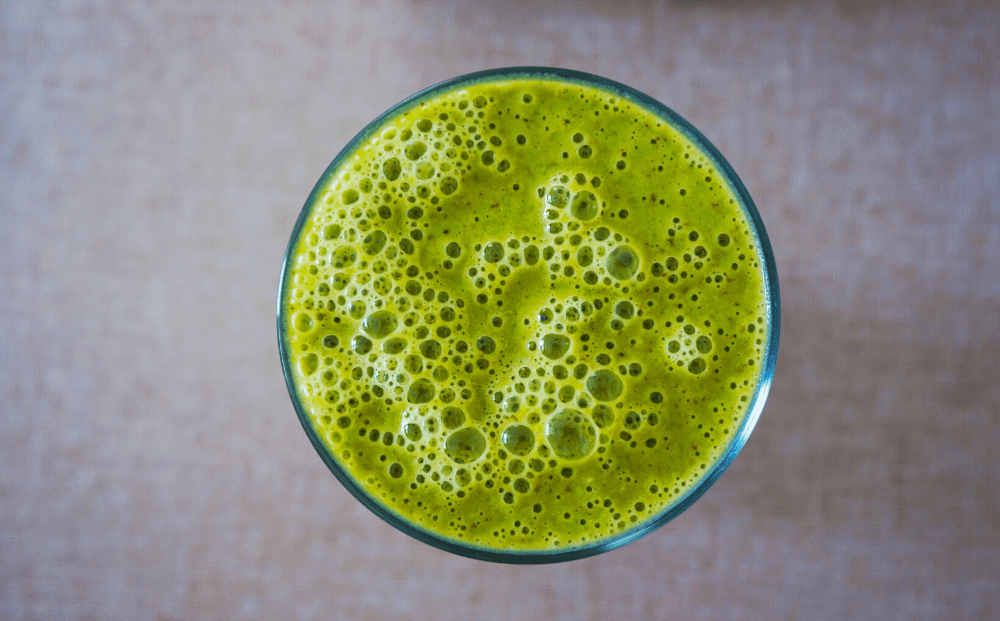
Is Krill Oil The New Fish Oil?
Most people have heard of fish oil and their healthy omega-3 fatty acids. You can get these essential nutrients from eating fatty fish or from taking regular fish oil supplements. But the lesser-known krill oil may offer a healthier and more sustainable alternative.
But what’s the real difference between fish oil and krill oil, and which one is right for you?
WHAT ARE KRILL?
Krill are oceanic crustaceans like shrimp—they’re smaller than a paperclip! Most krill oil sold today comes from Antarctic krill (Euphausia superba). These are one of the most populous species of krill in the world. An estimated 125 million to 6 billion tons of these animals live in the cold waters near Antarctica.
Because krill live in unpopulated (and thus unpolluted) Antarctic waters, krill oil is less likely to contain levels of heavy metals or other dangerous chemicals.
Krill mainly eat microalgae, which are single-celled organisms that contain large amounts of fatty acids. This diet gives krill lots of two key important types of omega-3 nutrients: eicosapentaenoic acid (EPA) and docosahexaenoic acid (DHA).
WHAT IS THE DIFFERENCE BETWEEN KRILL OIL AND FISH OIL?
Both fish oil and krill oil contain the omega-3 fatty acids DHA and EPA, and they both come from oceanic creatures. So what’s the difference?
Krill oil is a next-generation omega-3 supplement. It claims to offer all of fish oil’s benefits and more. Let’s take a look at the unique health benefits of krill oil.
1. KRILL OIL IS MORE BIOAVAILABLE
Krill oil is easier for your body to absorb and use than fish oil (better bioavailability). This is due its molecular structure.
In krill oil, omega-3s are mostly bound to phospholipids. In fish oil, the omega-3s are bound to triglycerides. Some research shows that phospholipids have a higher bioavailability. Omega-3s taken in phospholipid form are more easily integrated into cell membranes.
Being bio-efficient gives krill oil another advantage over fish oil: pills are smaller and therefore easier to swallow. Krill oil capsules also claim to be free of reflux. Meaning you can avoid the unfortunate hallmark side effect of fish oil: fish burps.
The different structure of the phospholipids in krill oil also allows for a key additional benefit, choline.
2. KRILL OIL CONTAINS CHOLINE (FOR MUSCLE & BRAIN FUNCTION)
Choline is an essential nutrient that has only recently seen scientific study. It comes primarily from food, with egg yolks being one of the best sources.
Choline is needed for proper liver, muscle, and brain function. But it’s estimated that up to 90% of Americans are not getting optimal amounts. Choline deficiency, while rare, can cause liver and muscle damage.
Krill oil also contains choline. Krill oil boasts this unique benefit over fish oil due to its phospholipid structure.
3. KRILL OIL CONTAINS ASTAXANTHIN (AN ANTIOXIDANT)
Krill oil contains astaxanthin (asta-ZAN-thin) while fish oil usually doesn’t. This beneficial pink-red compound may exist in small amounts in some fish (like salmon), but most don’t have it.
Research has shown that astaxanthin is a powerful antioxidant capable of fighting free radicals—giving krill oil additional wellness benefits. Overall, antioxidant levels are higher in krill than in fish.
KRILL OIL VS. FISH OIL FOR BRAIN HEALTH (FISH)
One aspect where fish oil is better than krill oil? Brain support. Studies show that the omega-3s in fish oil are helpful in supporting the body against depression and mood disorders, while not as much research has been done using krill oil.
That said, the omega-3 oils in both fish oil and krill oil are highly beneficial for the body. Most Americans are deficient in EPA+DHA omega-3 levels—so increase your levels of omegas with one or the other, and you’re still doing your body a world of good.
KRILL OIL VS. FISH OIL FOR HEART HEALTH & BLOOD SUGAR? (KRILL)
Krill Oil Omega-3 supplements can benefit cardiovascular health.
It is known that omega-3s help with heart health. Since their introduction to the market, krill oils have been studied to provide healthy EPA and DHA omega-3s just like fish oil.
One recent human study compared the effect of dietary fish intake and krill oil supplementation on heart health. Participants either ate three weekly fish meals or took four grams of krill oil daily. The fatty acid content was similar between these two groups.
After eight weeks, participants who consumed krill oil capsules experienced significantly decreased blood glucose levels. Those who ate fish did not see the same significant decrease, although they did see a significant increase in Vitamin D. The reduction of glucose in the blood can reduce the chances of diabetes and heart disease.
KRILL OIL OR FISH OIL TO SOOTHE RHEUMATOID ARTHRITIS SYMPTOMS? (KRILL)
Omega-3 fatty acids may help people with chronic inflammatory diseases such as rheumatoid arthritis. EPA and DHA from whole fish and oil supplements can decrease inflammatory immune responses and resolve existing inflammation. Studies have shown reduced joint swelling and pain, morning stiffness, and reduction of pain.
What about krill oil? In 2019, researchers studied the anti-inflammatory and pain-relieving effects of both krill and fish oil on rodents. They found that while both krill and fish oil reduced inflammation and pain, krill oil was significantly more effective.
KRILL OIL VS. FISH OIL FOR HELP WITH WEIGHT LOSS?
While several factors determine body weight, there is some evidence that omega-3 supplementation may support a slimmer figure.
In 2015, a review of several fish oil and obesity studies concluded that omega-3 fatty acids alone couldn’t reverse obesity. However, the supplementation did show a significant reduction in waist circumference and waist-hip ratio in human subjects when combined with diet and exercise.
When it comes to krill oil, the verdict is still out on its ability to help with weight loss in humans. But studies have found krill oil to help prevent weight gain in mice.
One such study found that krill oil supplementation helped mice fed a high-fat diet to gain less weight. In a similar study from 2016, mice fed a fatty diet for 10 weeks gained 15% less weight when taking a krill oil supplement. They also accumulated less fat on their livers.
A 2020 study found that the phospholipid omega-3s from krill oil improved blood sugar levels, fat tissue function, and beneficial fat metabolizing hormones in mice. However, it’s unclear how these results would transfer to human subjects.
HOW CAN I FIND KRILL OIL MADE BY ECO-FRIENDLY COMPANIES?
Even though krill currently have a healthy population, global warming and irresponsible harvesting practices can reduce their numbers and harm local ecosystems. Thankfully, some companies are taking appropriate measures to ensure sustainable harvesting methods. Here are some things to look for:
- Do they allow you to trace where they harvest their krill?
- Do they use fishing techniques to prevent by-catch (inadvertently catching and killing other sea creatures)?
- Do they provide information on how they process the krill oil, including the removal of unwanted salts or other unnecessary compounds?
- Do they have any environmental certifications? Some to look for:
The Marine Stewardship Council (MSC)
The Sustainable Fisheries Partnership (SFP)
THE BOTTOM LINE ON THE BENEFITS OF KRILL OIL
Overall, the best natural way to add omega-3 fatty acids into your diet is to eat more fatty fish. Salmon, mackerel, tuna, herring, and sardines all contain significant levels of omega-3s. The World Health Organization recommends 1-2 servings of fish per week, containing 200-500 mg of EPA and DHA.
Krill oil dietary supplements can support your overall health. Krill oil can support your cardiovascular health, reduce inflammation and oxidation, and offers the full suite of research-backed benefits for EPA and DHA omega-3s. Research also suggests that omega-3s from krill oil are more bioavailable than fish oil.
Whether you choose to eat more fish or supplement your diet with fish oil or krill oil, your body will undoubtedly benefit from the positive addition of healthy omega-3s.
Note: If you are allergic to shellfish, have a heart condition, are taking blood-thinning medication such as Warfarin (Coumadin), or blood pressure medication, please consult with your physician for medical advice before taking krill oil supplements.
For alternative omega-3 sources, check out The best vegan and vegetarian sources of omega-3 fatty acids.
—————
Amie Durenberger is a professional naturalist and science journalist located in Minneapolis, Minnesota. Since 2013, she has worked as an environmental educator, teaching children and adults about biodiversity, conservation, and edible & medicinal plant uses. Her favorite herbal preparations include fresh nettle tea, homemade plantain salve, and wild sumac lemonade.








